‘Not trying to copy any city’: Olympics experts on our unique Brisbane 2032 plan
To emerge a winner in the Olympic legacy stakes Brisbane has to embrace its uniqueness, and stop trying to copy other cities, according to the experts.
QWeekend
Don't miss out on the headlines from QWeekend. Followed categories will be added to My News.
Brisbane is ready to take on the world, with the Queensland capital preparing to become the third city in Australia to host the Olympic and Paralympic Games in 2032.
It’s a big moment for the city of 2.7 million people that has well and truly shaken off its “big country town” image.
HOW TO WATCH FUTURE BRISBANE LIVE
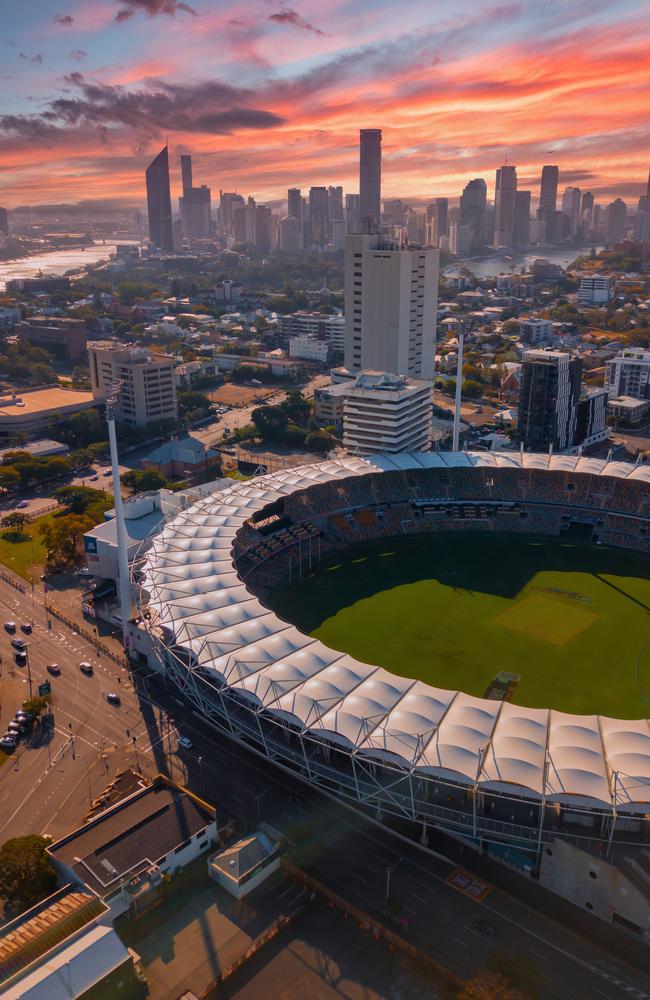
It’s had its cultural renaissance and transformed into a not-too-big, not-too-small cosmopolitan city.
But hosting a successful Olympics and Paralympic Games is no easy feat.
It takes level heads, visionary ideas, strong leadership, meticulous planning and seamless execution to put on an inspiring event that athletes, tourists, residents and the millions of people watching around the world will remember fondly.
This story is part of The Courier-Mail’s annual Future Brisbane series advocating for a focus on the right legacy outcomes from the hosting of the Brisbane 2032 Olympic and Paralympic Games. You can read all of our coverage here.
As Brisbane prepares to face up to the challenge with the Gold Coast and Sunshine Coast by its side, there is a lot to be learnt from what past host cities have done well and not so well.
The stakes are high. Will we invest billions of dollars and create a positive legacy for generations to come, or make a series of bad decisions that throw us into debt for decades?
Brisbane Lord Mayor Adrian Schrinner says one thing successful host cities do is celebrate their own uniqueness.
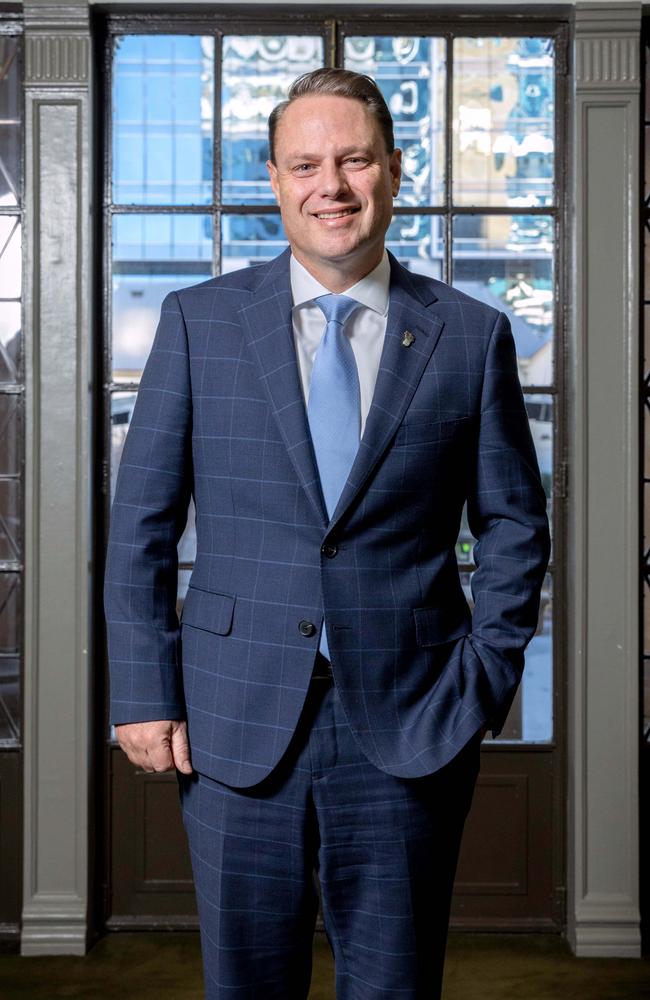
“I think we in Brisbane have to be careful to remember that we’re not trying to copy any other city,” Schrinner says.
“What’s unique about our city, our region, our country is different to what other cities have and yeah, sometimes it’s daunting.
“We don’t have the Eiffel Tower, but we have other things that are really, truly unique about Brisbane and South East Queensland that we can showcase.”
There are three that stand-out for Schrinner. The first: our love of sports.
“We are an incredibly sports-loving nation. We like getting into all kinds of sports and we have this active outdoor lifestyle, particularly in Queensland, where we have better weather than a lot of other parts of the country,” he says.
“Our involvement in all kinds of sports is quite unique in the world and it’s why we do so well in the medal tallies.”
The second: our friendliness.
“Something that is a really unique and a positive point of difference is the friendliness of Brisbane people – of Queenslanders – and the fact we are a really multicultural place as well,” he says.
Noting that Melbourne was nicknamed “the friendly Games” when it hosted the Olympics in 1956 – a trait upheld by the Sydney Games in 2000 – Schrinner says the world will get a new bestie when the Olympic and Paralympic Games come to Brisbane.
“We are so much more friendly than Sydney here in Queensland, and so we’ll take friendliness next level and also make people of all different cultures feel welcome,” he says.
The third special something Brisbane has to offer is our natural environment.
“We should be celebrating the amazing natural environment that we have here. South East Queensland has pretty much all you would love to see in Australia,” Schrinner says.
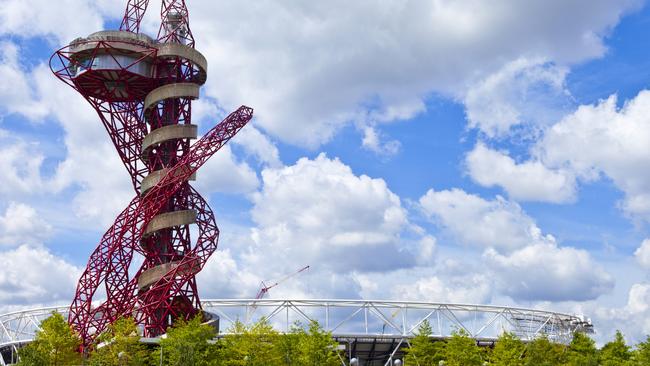
“You have the beaches, you have the rainforest and the mountains, you have the rivers and creeks, you have the wildlife.
“When you ask people around the world why they want to come to visit Australia, it’s not generally to see buildings or the built environment – it’s to see nature,” Schrinner says.
Certainly not many are rushing to see London’s ArcelorMittal Orbit tower of contorted steel built for the 2012 Olympics. It’s fallen well short of its expected visitor numbers over the years and serves as one of many reminders that if you build it for the Olympics, they may not come afterwards.
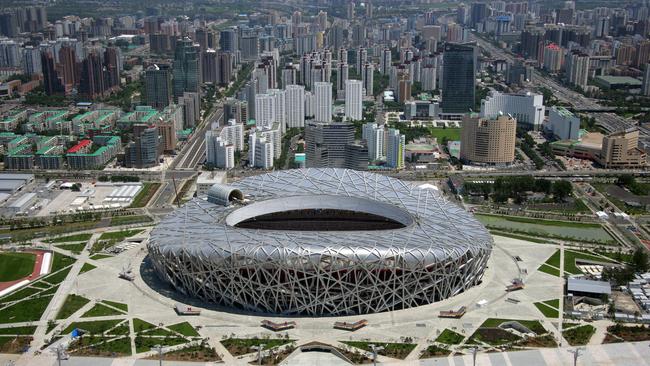
Many Olympic stadiums costing millions of dollars to build and maintain have failed to find a purpose and fallen into disrepair following the Games. Beijing National Stadium, dubbed the “bird’s nest”, was celebrated as a triumph of architectural design when it opened the Beijing Games in 2008 but has sat largely unused since.
In Athens and Rio, now derelict venues built for the Olympics are a constant reminder of the huge debts they left their cities in and the disadvantaged communities they displaced.
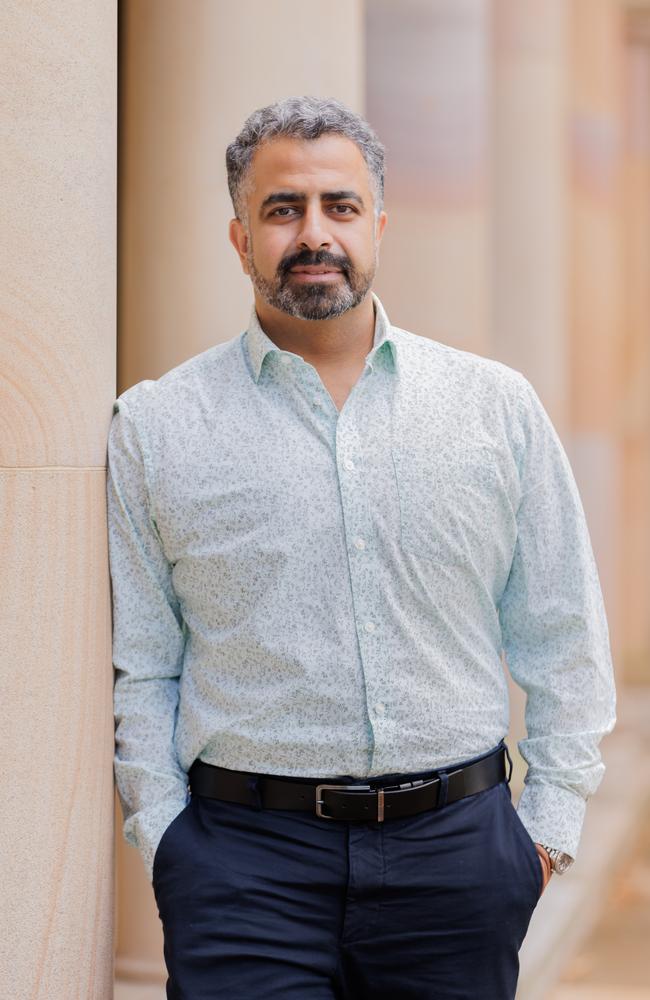
Ali Cheshmehzangi, head of the school of architecture, design and planning at the University of Queensland, says creating a positive legacy is harder than it looks.
“We need to emphasise people-centred development, a chance to avoid community displacement and rather promote our communities, nurture our environment and create an excellent range of initiatives that are community-driven,” Cheshmehzangi says.
“Creating under-utilised white elephant venues, as happened in Athens and Rio, should be avoided.
“The struggles that cities like Barcelona went through for a long time should be avoided as best as possible too, ensuring we are not creating segregated urban enclaves but community-based places that create a sense of pride, joy and success.”
Other Olympic venues have been the fields of dreams they promised. If a host city gets it right – like our big siblings Melbourne in 1956 (when the MCG was refurbished) and Sydney in 2000 (when Accor Stadium was built) – it will reap the rewards.

The AFL Brisbane Lions and Queensland Cricket have issued a joint plea for a new Olympic stadium that would accommodate their growing memberships and secure their long-term future following the Games.
It may be Brisbane’s one and only chance to build an iconic and sustainable stadium but comes during a cost-of-living crisis and when construction costs are skyrocketing.
After years of deliberation around whether to upgrade the Gabba or QSAC or build a new venue at Victoria Park, a decision is expected as part of Premier David Crisafulli’s 100-day review into infrastructure for the Games in February.
Transport systems are also a big part of a host city’s planning. Sydney, London and Paris have all been applauded for moving the masses successfully during the Olympics and improving their networks and services.
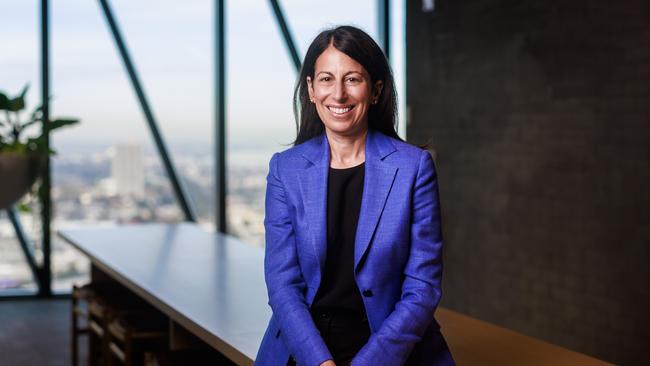
Cross River Rail and Brisbane Metro will play a major role in Brisbane’s preparations for the Games. Michelle Jablko, chief executive of Transurban, says road upgrades will also help keep the city moving.
“We know that rapid population growth is going to create the need for more transport networks, not just during the Games but for decades afterwards,” she says.
“The government and private sector will need to work together to cater for population growth and our partnership with the Queensland government to widen the western section of the Logan Motorway is a great example. When complete, this project will help people travel to and from the Brighton Homes Arena during the Olympics, but importantly it will also help reduce travel times on what is a vital freight route, the benefits of which will be felt for decades after the Games.”
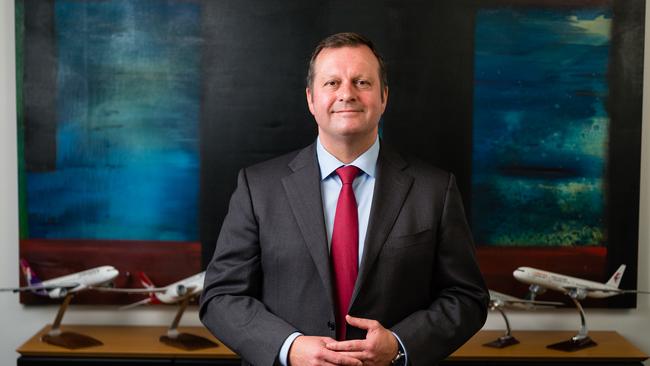
Meanwhile, Brisbane Airport chief executive Gert-Jan de Graaff has his sights set on the skies.
“We are well positioned to manage the influx of passengers expected to arrive here in the years leading up to 2032 as well as during the Games and for the years following,” he says. “That is not to say there won’t be challenges and we are already thinking about the safe transportation of large equipment as well as accessibility requirements. Our primary objective will be to give arriving and departing passengers a world-class experience.”
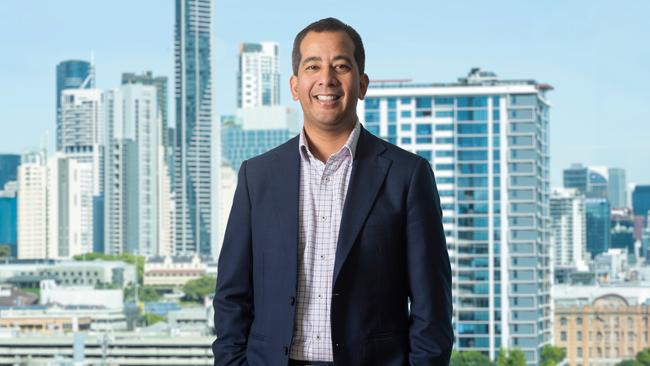
Technology is another key focus area for modern Olympic host cities, and not just for preventing cyber attacks or ensuring transport systems run smoothly. Ed Chung, chief executive at TechnologyOne, says Tokyo and Paris both showed how new technologies can enhance the Games experience.
“At the Tokyo Games held in 2021, 5G technology boosted the viewing experience with real-time, high-definition streams while robots supported event operations by guiding guests and assisting on the field,” he says.
“Paris 2024 made a significant commitment to use AI, from quickly creating highlights videos in multiple formats and languages to data capture and energy management systems. We expect LA to lean heavily on Silicon Valley tech and people are already talking about how they want to bring the Games out of the stadiums, creating an immersive, hyper-realistic recreation of the event complete with the sounds, sights and even the tactile sensations of being there.
“I’m confident Brisbane will knock it out of the park, fuelled by the incredible technological advancements we’ll see unfold by 2032.”
Let the Games planning begin.




